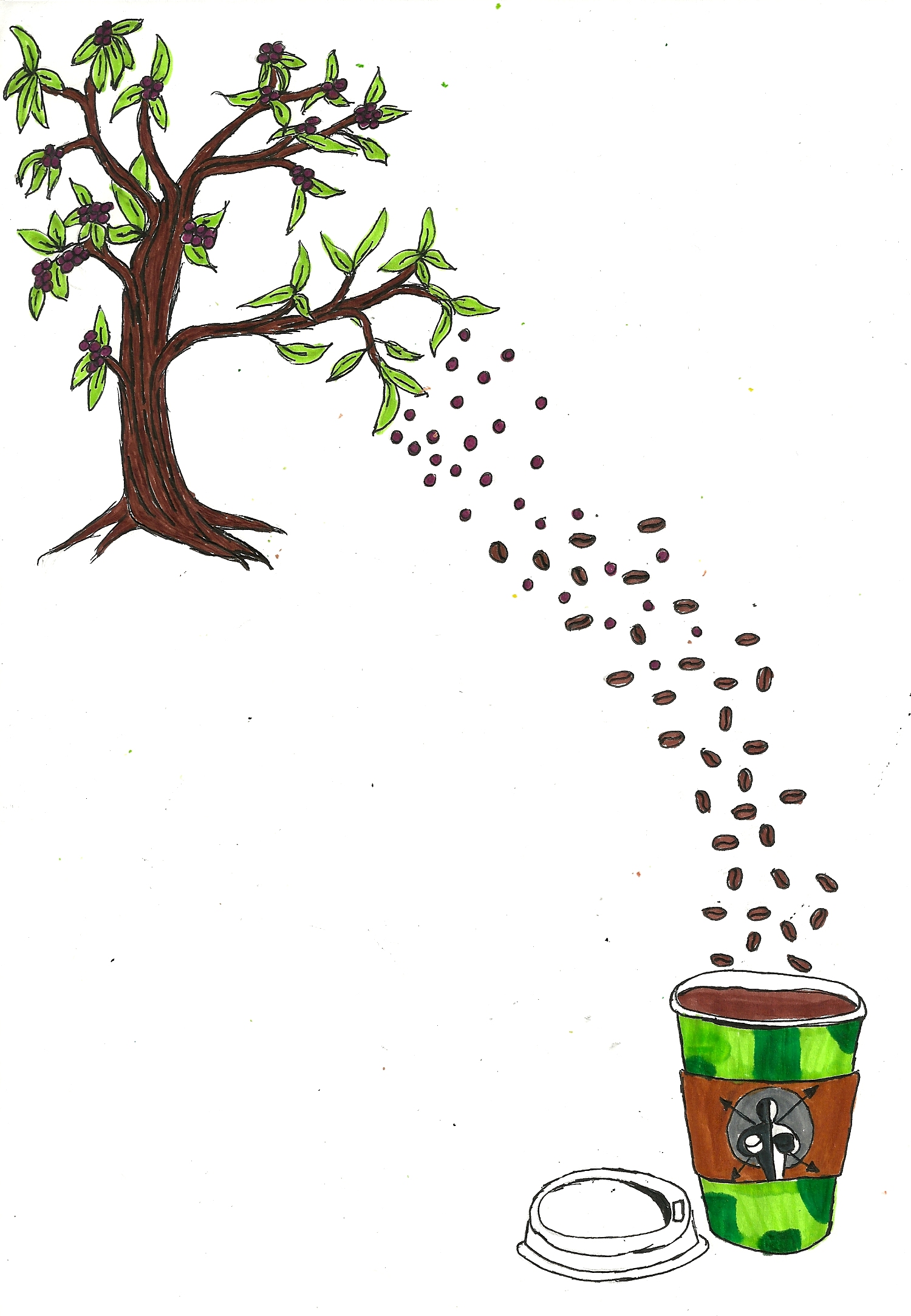Conscientious Coffee: Students should make an effort to spend the extra dime for fair trade beverages

Fair trade at UCLA
"¢bull; UC San Diego is currently the only fair trade campus in the University of California system.
"¢bull; Only six colleges and universities nationwide are recognized as fair trade campuses.
"¢bull; Fair trade coffee options became available at UCLA in 2001.
"¢bull; Fair trade coffee makes up only about 10 percent of coffee sales at UCLA.
SOURCE: Cindy Bolton, ASUCLA food service director; David Funkhouser, strategic relations manager at Fair Trade USA
Compiled by Carly Cody, Bruin senior staff.
By Eitan Arom
May 22, 2012 1:56 a.m.
Before landing in your morning cup, your coffee lived a content, if uneventful life as a small, red berry on a small-scale family farm in Asia, Africa or Latin America. About 70 percent of beans are grown on such farms, according to a confederation of 15 anti-poverty organizations.
Unless those beans were bought at fair trade prices, the farmer was probably making well below living wages. What the fair trade label amounts to for farmers is a price floor, which acts as a minimum price of about $1.35 on a pound of coffee in a global market all too prone to fluctuations. The extra profits this minimum price affords pay for infrastructure and education projects across the developing world.
To students, the fair trade option amounts to a 10-cent premium on top of the price of a large coffee, available at eight of nine Associated Students UCLA coffeehouses. For an extra 10 cents, every cup of coffee sold pays into the price floor set by the International Fair Trade Labelling Organization. A dime, in other words, can act to bring UCLA’s coffee habit up to its own social and ethical standards.
Clearly, Bruins are amenable to this concept. According to a poll of more than 500 UCLA students conducted last week by student organization E3 ““ Ecology, Economy, Equity ““ 74 percent of students would “like ASUCLA coffeehouses to offer only fair trade coffee and tea.”
Frankly, this number is somewhat startling when one considers that only about 10 percent of coffee sold on campus is fair trade, according to Cindy Bolton, director of food services for ASUCLA. Bolton said this number has been relatively steady over the past several years.
One has to wonder if the disparity between those percentages can be explained by a mistrust among students for the fair trade label. Indeed, the idea of a price floor should ignite well-founded suspicion in the mind of any student who has taken Economics 1. Price floors, the conventional wisdom teaches, cause overproduction of goods, which leads to inefficiency. But in a market of producers who typically grow on farms of less than 25 acres and often face seasonal hunger, the inefficiency associated with a minimum wage is a small price to pay.
Moreover, the same E3 poll reported that among students that do not buy fair trade coffee, 36 percent reported that they “didn’t know what fair trade is,” and 47 percent said they “didn’t realize fair trade options were available.”
In short, there seems to be a gap between UCLA’s social consciousness and its buying decisions. Armed with an understanding of what fair trade is and does, students seem to be receptive to the idea.
“The majority of the people we talk to are more than willing to pay 10 cents for that ethical base,” said third-year political science and economics student Niran Somasundaram, who heads E3’s fair trade campaign.
E3 is not alone in its efforts, with the 2011-2012 undergraduate student government President Emily Resnick pushing to make UCLA a “fair trade university” and current General Representative Yasar Mohebi promising to do the same. But before any institutional change is made, individual students must make a personal effort to line up their ethics with their purchasing practices.
Fair trade can connect UCLA students with farmers in developing countries whose hard labor goes into every cup we drink.
“(Fair trade) is more than a market,” said Christopher Bacon, an assistant professor of environmental politics and policy at Santa Clara University. “It’s a set of social relationships between those that grow the coffee and those that drink it.”
The takeaway is that for 10 cents, less than a third of the cost of a bluebook, Bruins have the opportunity to abet a global effort to mitigate poverty with every single cup of coffee.
Email Arom at [email protected]. Send general comments to [email protected] or tweet us @DBOpinion.


